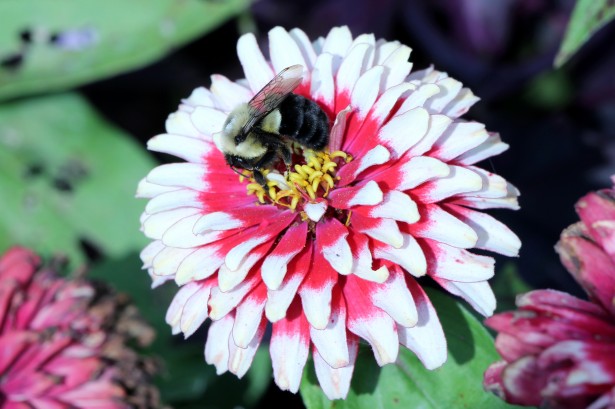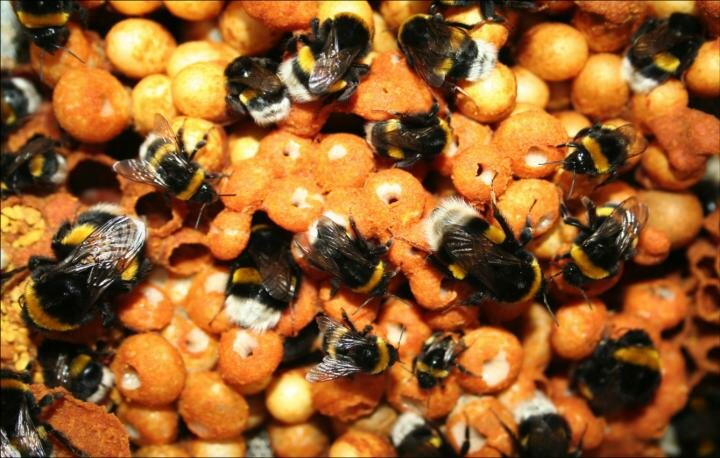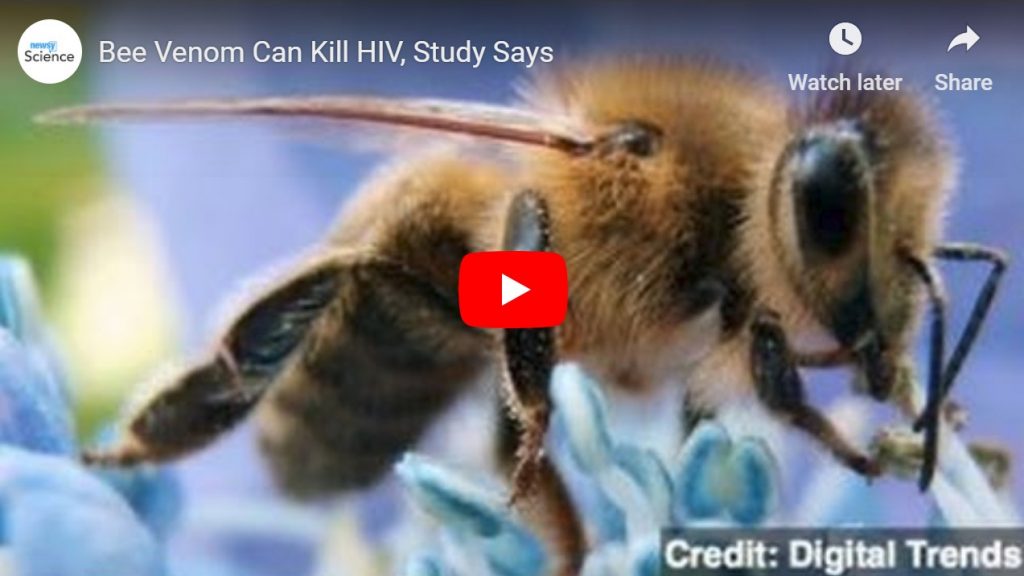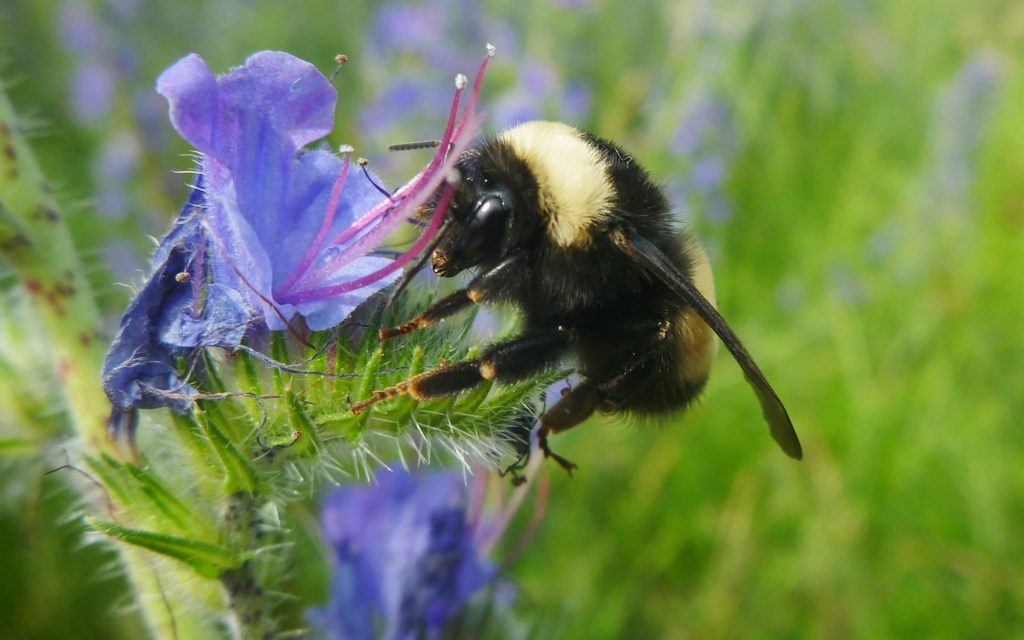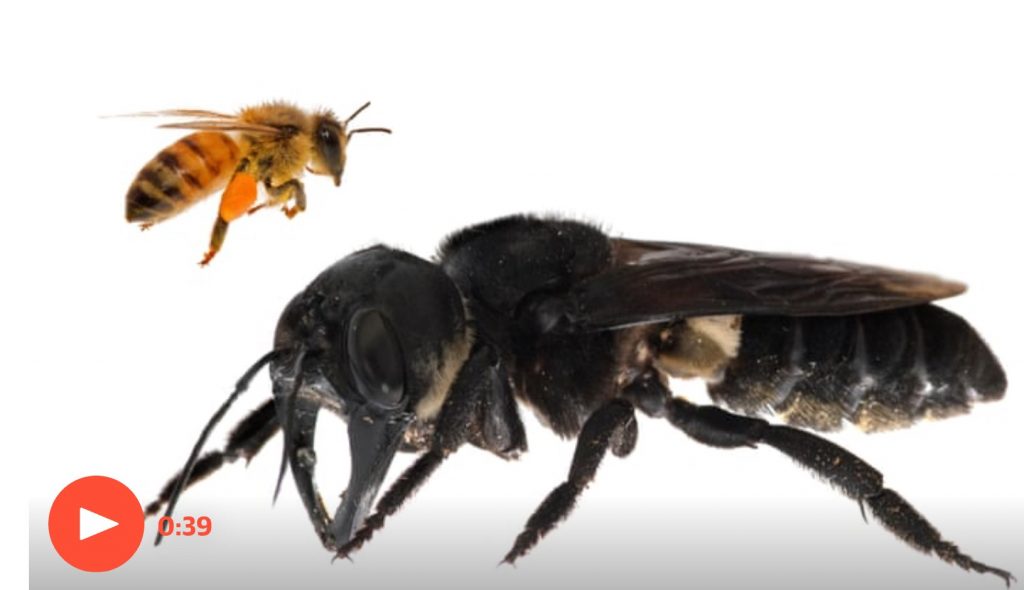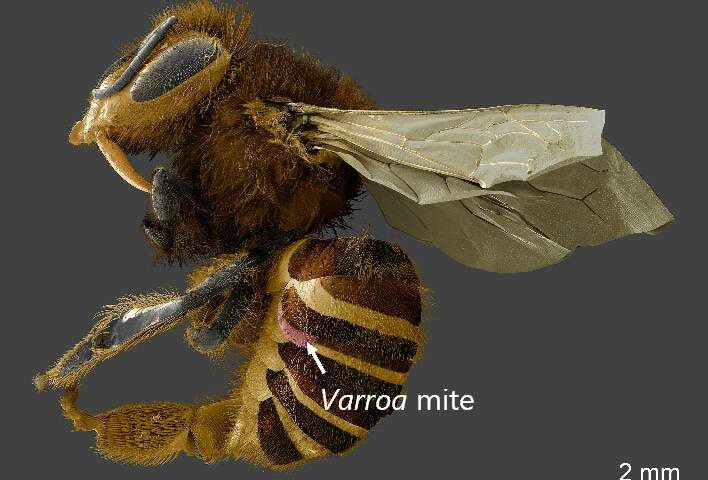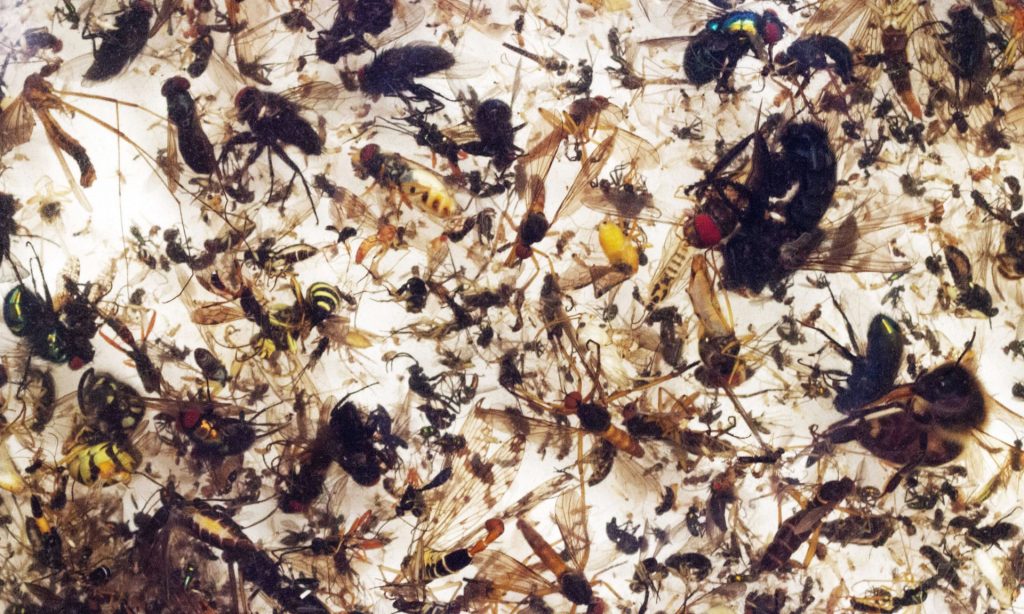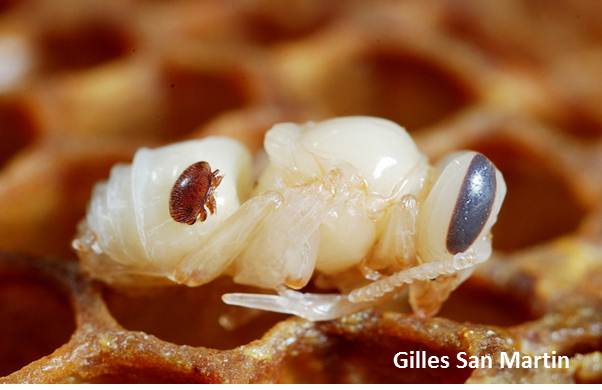Picture: Lilla Frerichs Bumblebees acquire a taste for pesticide-laced food as they become more exposed to it, a behaviour showing possible symptoms of addiction. This study of bumblebee behaviour indicates that the risk of pesticide-contaminated food entering bee colonies may be higher than previously thought, which can have impacts on colony reproductive success. In research published today […]
The more pesticides bees eat, the more they like them
